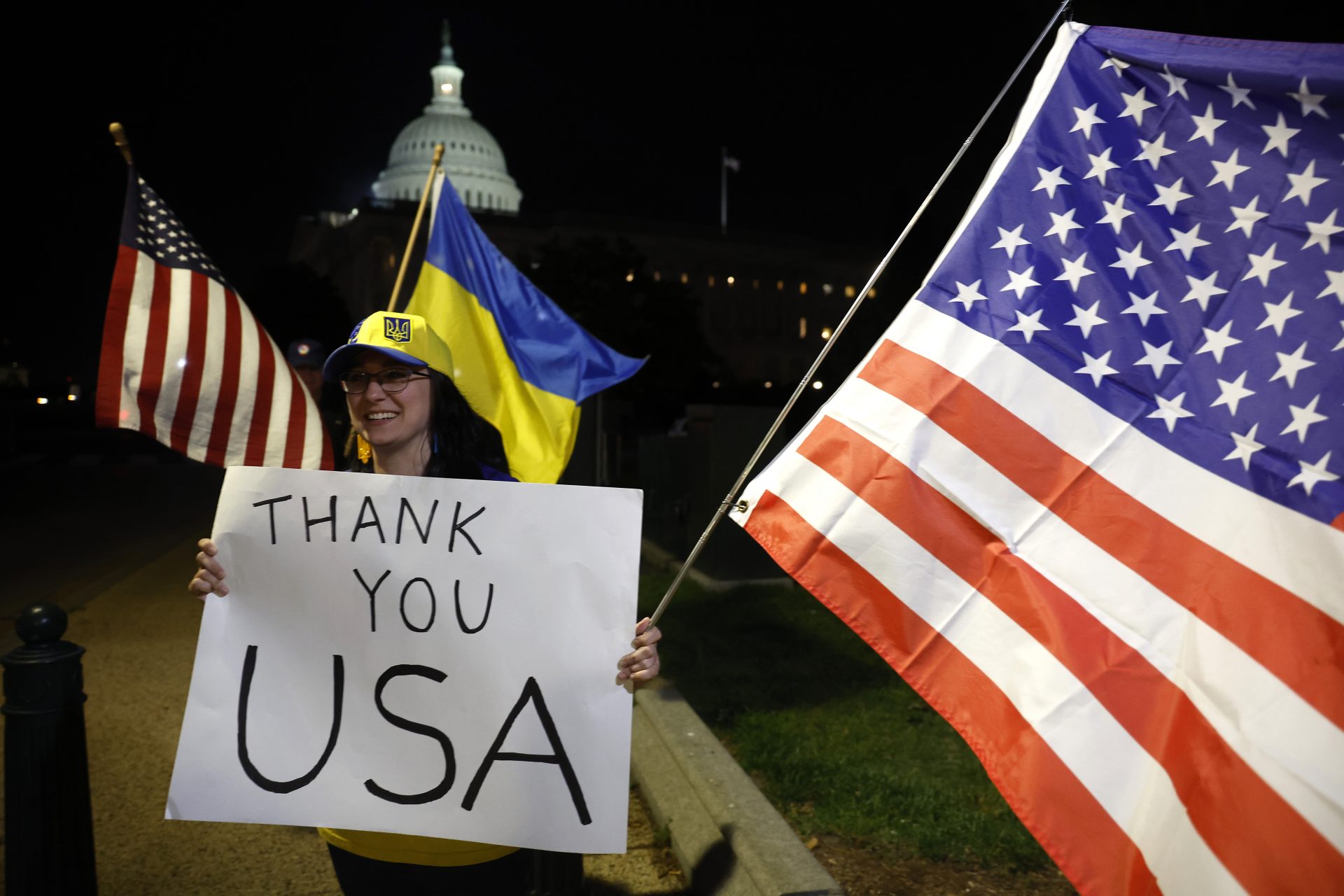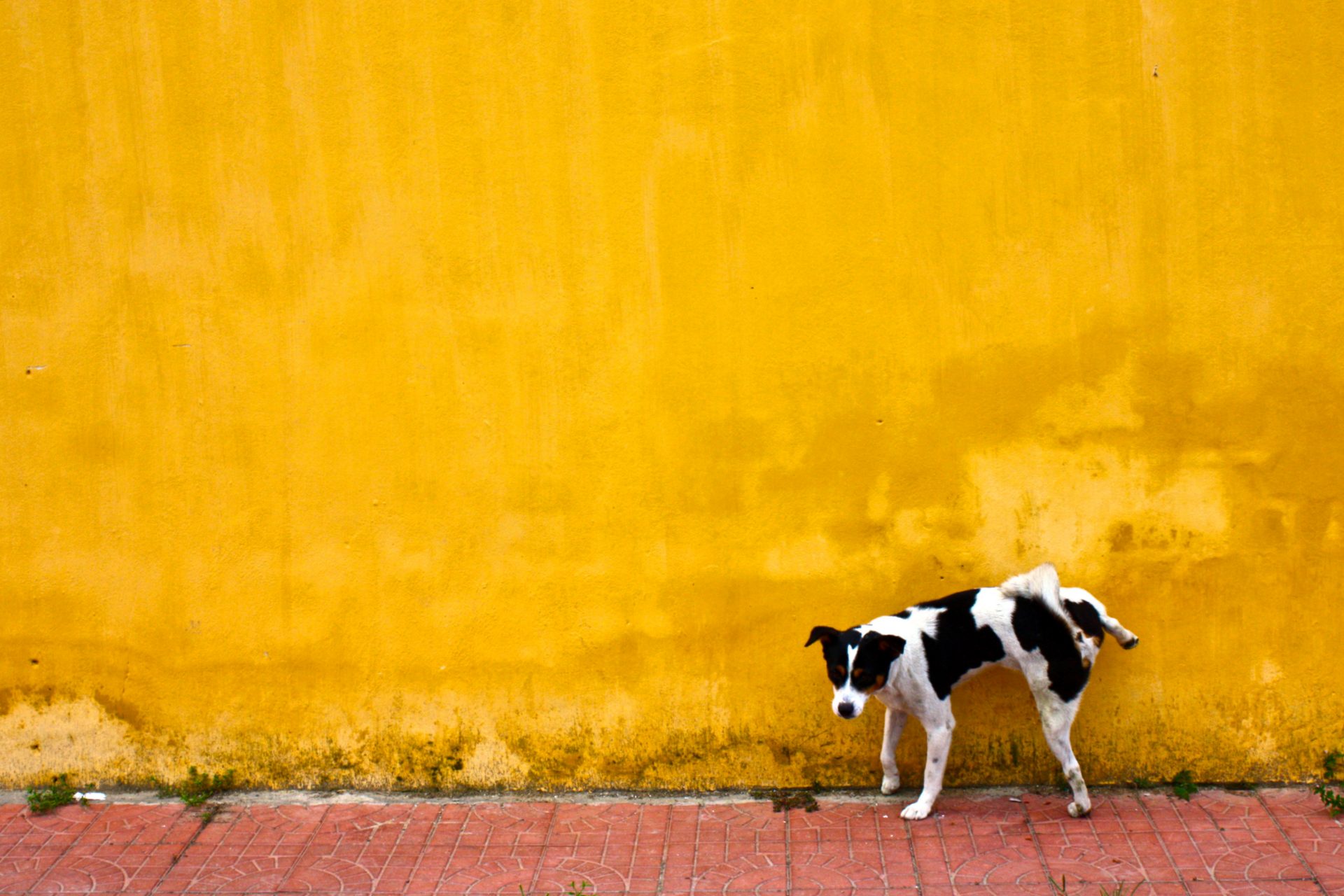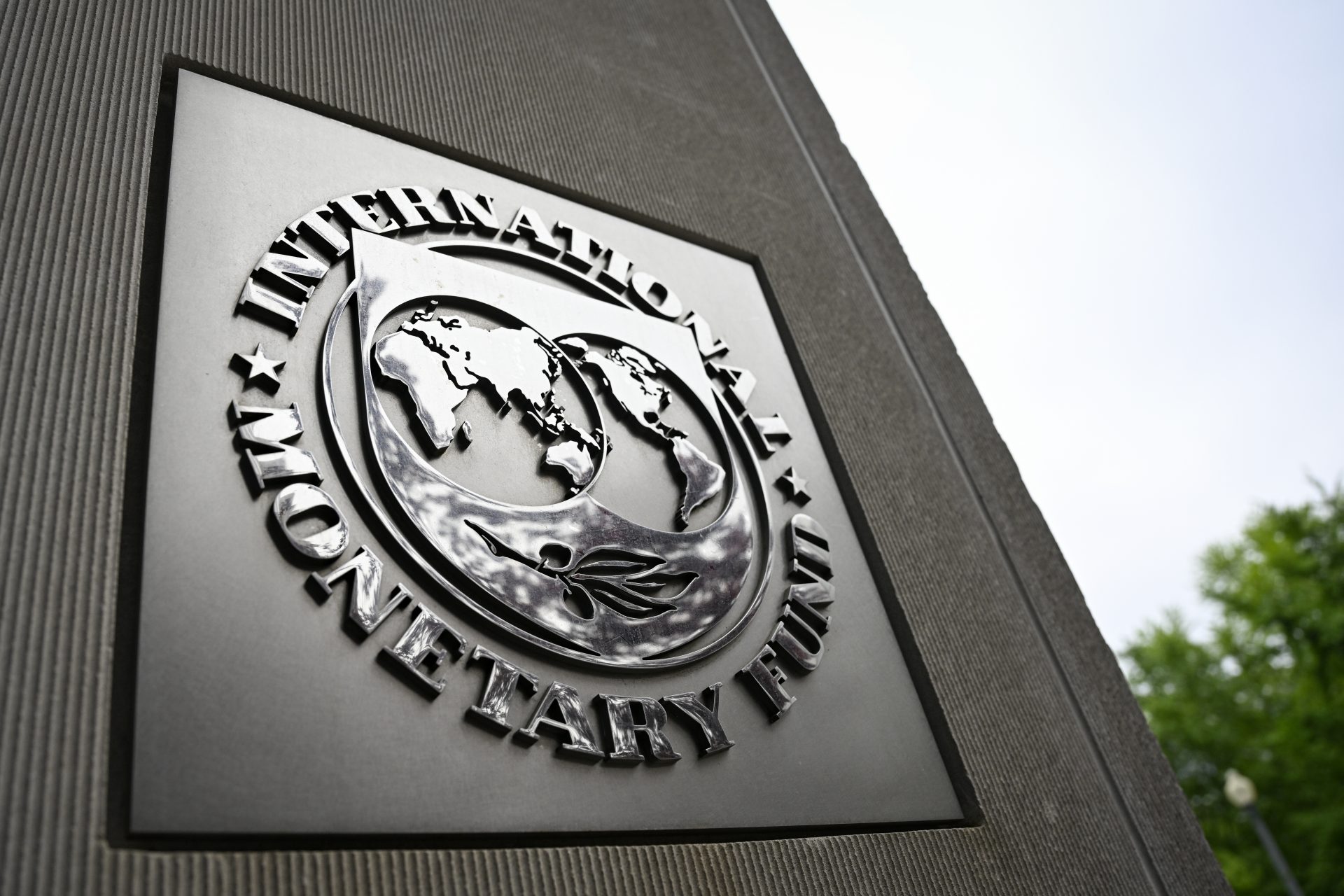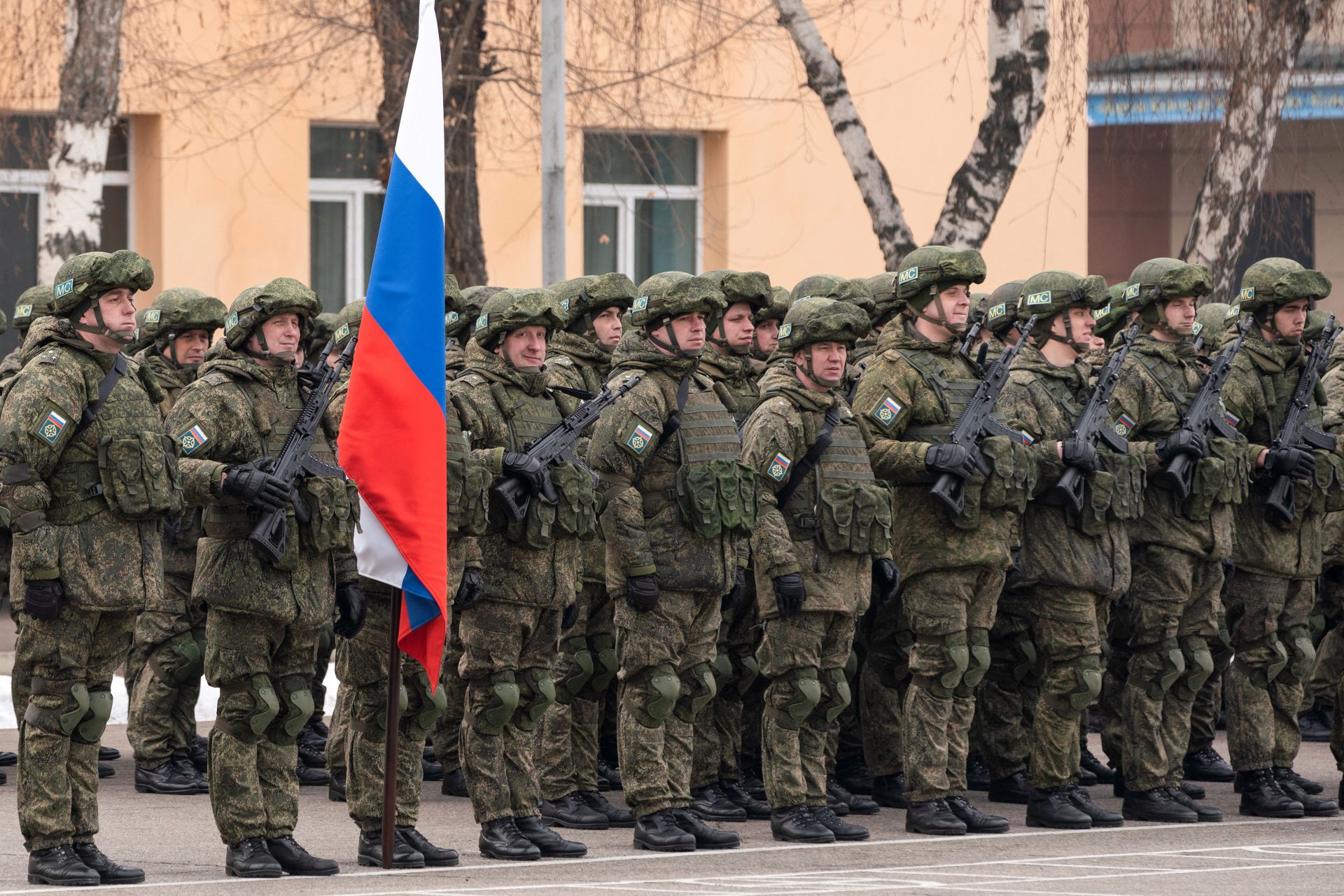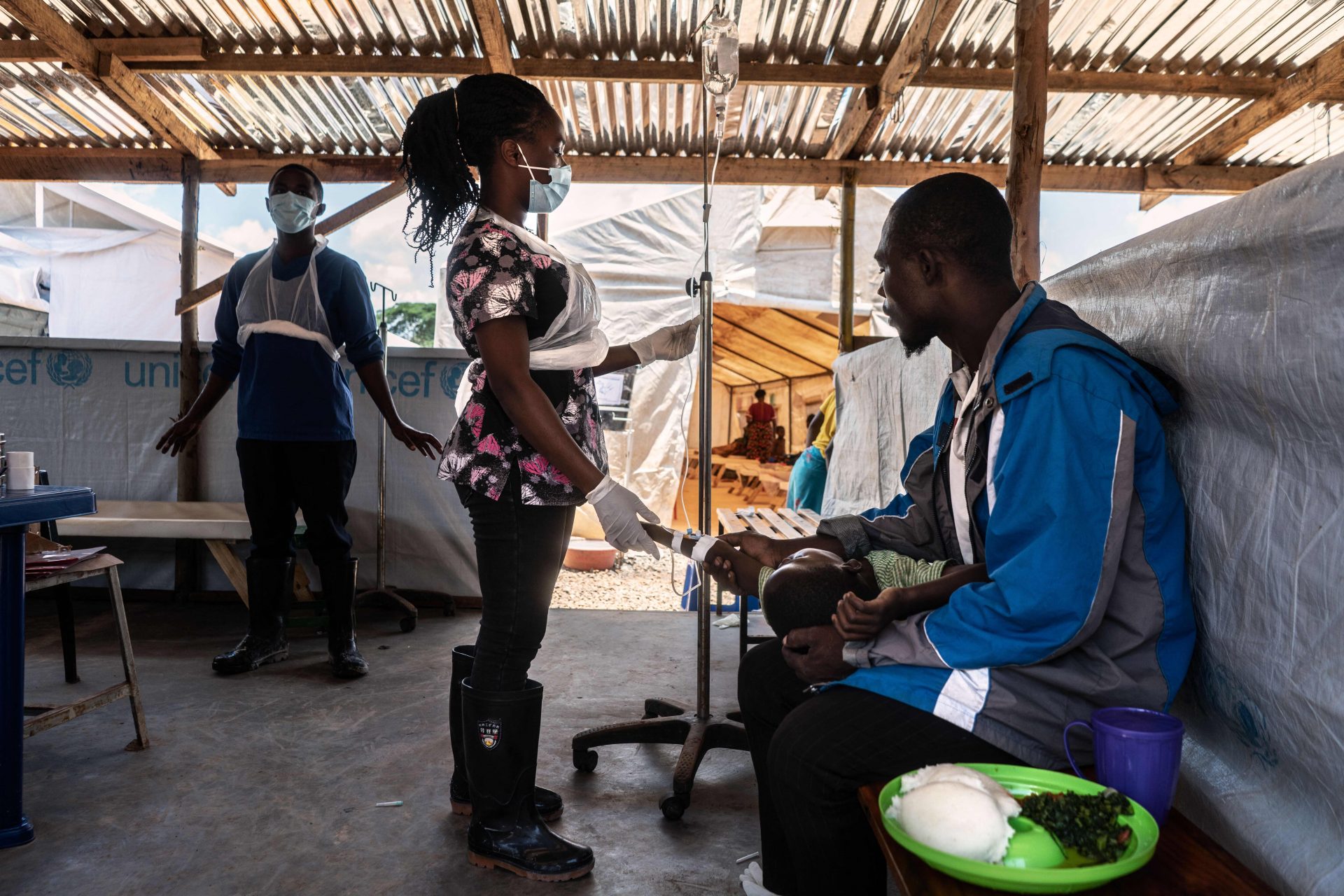If Omicron bypasses our vaccines, will there be a new vaccine soon?
The latest variant of the coronavirus, Omicron, is causing concerns around the globe. Countries around the world are dealing with high numbers of Covid-19 infections. New York State, for example, recorded 85,000 new coronavirus cases on December 31, "the highest one-day total in the state since the pandemic began," according to the New York Times.
Still, fears of a return to the early days of the pandemic, with complete lockdowns, are exaggerated. Experts now know a lot more about the virus than they did back then, and they will be better prepared to fight it.
On November 26, the World Health Organization declared Omicron a 'variant of concern.' The strain carries about 32 spike protein mutations, which are the parts of a virus that interact with cells. To compare: the Delta variant, which quickly became a dominant strain around the globe, has only 10 mutations.
Jesse Bloom, an evolutionary biologist at the Fred Hutchinson Cancer Research Center, explains in The New York Times why experts are concerned about this new variant. "In principle, mutations can work against each other," he says. "However, in this case, evolutionary selection is more likely to lead to the spread of a new variant with favorable than [a variant with] unfavorable combinations of mutations." In other words: the newly discovered variant has likely become stronger as a result of natural selection.
It will take weeks to fully study the new variant, but the WHO has already disclosed preliminary data showing that Omicron presents an "increased risk of reinfection as compared with other variants of concern."
(Pictured is Tedros Adhanom, General Director for the World Health Organization.)
Many people fear that this means the pandemic will be extended further, with new lockdowns and restrictions. Several countries in the European Union have imposed travel restrictions and (limited) lockdowns during and after the Christmas holiday.
However, a new variant doesn’t necessarily mean that a new vaccine is needed. The New York Times reports that, right now, there are dozens of scientific teams working around the clock and all over the world to figure out whether the current vaccines work against Omicron.
Pharmaceutical companies such as AstraZeneca, Moderna, Johnson & Johnson, Pfizer and BioNTech have indicated to CNBC that they are doing research on the Omicron variant as it evolves.
Pfizer and BioNTech told Reuters that although they are expecting more data in the following days, they estimate that a new vaccine tailored for Omicron could be ready in around 100 days.
A statement of Moderna, released the same day that Omicron was declared a variant of concern by the WHO, argues that the combination of mutations in the variant "represents a significant potential risk to accelerate the waning of natural and vaccine-induced immunity."
Paul Burton, Moderna’s Chief Medical Officer, was quoted by CNBC, saying that a new vaccine could be ready "by early 2022." At that point, it would also start being produced in large quantities. The pharmaceutical company allegedly has "mobilized hundreds" of employees to study Omicron.
So far only a booster shot from one of the existing, authorized vaccines has been recommended as an impromptu strategy against the Omicron variant. Experts quoted by The Guardian agree that the effects of Omicron will be felt more in nations with lower numbers of vaccinated people.
Approximately 100 nations around the world have reported cases of the Omicron variant. Pictured is UK Prime Minister Boris Johnson, visiting people getting the booster shot in a London hospital.
In reaction to the Omicron variant, governments have generally expressed concern, but there are differences in tone among various countries. US president Joe Biden, for example, has said that the new strain was "a cause for concern, not a cause for panic." He added that no new lockdowns or restrictive measures were necessary for the time being.
Other countries have chosen to play it safe. Japan, for instance, has banned the entry of all foreign nationals into the country. It started tackling Omicron aggressively from the first day a case of the new variant was reported in the country.
Before the discovery of Omicron, countries like Austria, Russia and The Netherlands had already imposed partial lockdowns and other regulations to curb the growing numbers of Covid-19 cases in their territories.
The risk of increasing Covid-19 cases in winter time was already a cause of concern for nations in the Northern Hemisphere. Some fear that this winter will be even harsher than the previous one, when unusual locations like Spain (pictured) and Texas were facing snowstorms.
We still don't know much about Omicron and there's still a lot of work to do, particularly if other variants show up. However, it is true that the experience from two years of dealing with the coronavirus is very helpful to the scientific community. The way in which they respond to Omicron is proof of that.
More for you
Top Stories





















